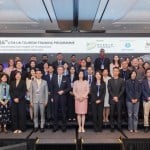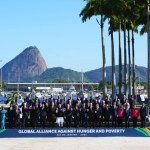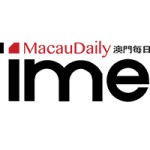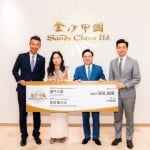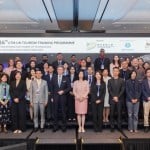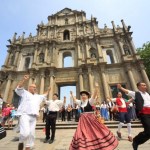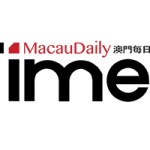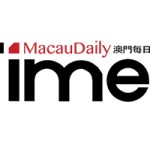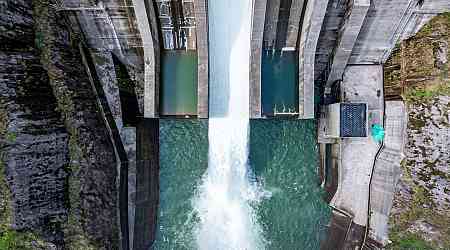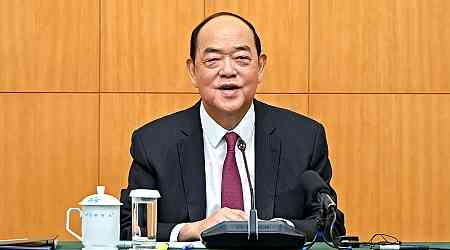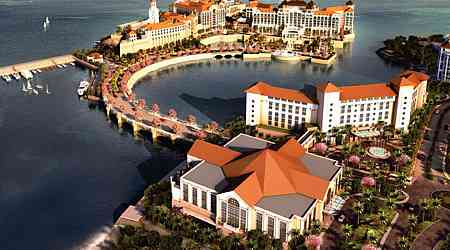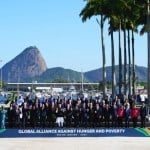This year’s tourism training program by the United Nations World Tourism Organization and the Macao University of Tourism (UTM) places a strong emphasis on technology’s role in enhancing operational efficiency and attendee engagement.
The Macao University of Tourism (UTM) and the United Nations World Tourism Organization (UN Tourism) have once again joined forces to host the 16th edition of their tourism training program.
The four-day event, designed specifically for attendees from Asia and the Pacific, aimed to create a platform for exchanging ideas and addressing technological difficulties faced by professionals in the region.
This year’s edition, which commenced yesterday in Macau, brings together a diverse group of tourism government representatives, industry professionals, academics, and technology specialists from across the Asia-Pacific region.
The four-day program, titled “The Transformative Power of Technology in Meetings and Events Industry,” promises to provide invaluable insights and foster collaborative exchanges among participants.
Judy Wong, director of the UTM’S Global Centre for Tourism Education and Training, emphasized the significance of this gathering as more than just a training program. “It’s an exchange, a platform for people to join together and share their unique challenges and needs,” she stated.
“Because I think that sometimes you may think that we are at a more advanced level in operating, but sometimes from different countries, they may have their own needs.”
Wong, a key speaker at the event, highlighted that different countries possess distinct operational levels and requirements, making it essential for participants to listen and learn from one another.
According to her, this collaborative spirit is expected to foster a deeper understanding of regional challenges and technological advancements that impact the industry.
The four-day program will feature insights from 15 industry experts and leading researchers, as well as opportunities for the participants to share practical cases from the meeting and event industry in the Asia-Pacific region.
Country presentations are incorporated throughout the sessions, with the best presentation awarded at the closing ceremony.
“We hope that we can listen to them and then we can consolidate the ideas,” Wong said. “And then later we can work on our report afterwards. That is what we are expecting, we will come up after these few days.”
By fostering this exchange of knowledge and experiences, the organizers aim to provide participants with actionable steps they can take back to their workplaces, ultimately advancing the tourism industry in the Asia-Pacific region.
Meanwhile, in her opening remarks, UTM rector Fanny Vong Chuk Kwan highlighted Macau’s growing prominence as a MICE (Meetings, Incentives, Conferences, and Exhibitions) destination.
“The MICE industry is already a cornerstone of the local tourism sector,” she said, noting Macau is on course to have hosted around 1,500 MICE events this year alone.
Vong added business visitors participating in these events during the first half of this year spent more than twice as much as the average tourist, contributing the equivalent of over USD300 million to the local economy.
The government has designated conferences and exhibitions as one of the four priority sectors to advance under its “Development Plan for Appropriate Economic Diversification,” and UTM is contributing to this effort by introducing two new master’s programs in events management.
“There is perhaps no better place in Asia to engage in this discussion than here in Macau,” said Vong, confident the insights and experiences shared over the next four days would greatly contribute to the advancement of the tourism industry in the Asia-Pacific region and beyond.
In a video message, Harry Hwang, director of the UN Tourism Regional Department for Asia and the Pacific, praised Macau’s remarkable rise as a thriving hub for international events and meetings, dubbing it a “great success story driven by the excellent use of cutting-edge technology.”
Hwang expressed his gratitude to Vong and the event’s sponsor, MGM, for their roles in hosting the program, which he believes will provide “invaluable insights” and an “immersive and engaging” experience for the 20 participants from 14 countries.
Iwan Dietschi, senior vice president of Hospitality at MGM China, underscored the company’s support for the initiative, stating that “through our joint efforts, we are laying the foundation for a more innovative and resilient tourism industry.”
As a “pioneer in the development of cultural tourism,” MGM is committed to strengthening Macau’s positioning as a “world center of tourism and leisure,” he added.
Dietschi said this year’s program, which emphasizes the transformative impact of technology in the meetings and events industry, aligns with MGM’s efforts to integrate cutting-edge technology into its hospitality, facilities and offerings.


















